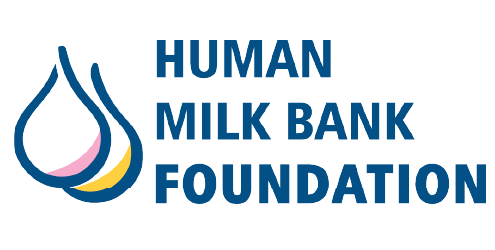International code of marketing of breast milk substitute products
Document outlining recommendations for restrictions on the marketing of breastmilk substitutes .
International code of marketing of breast milk substitute products
The International Code of Marketing of Breast-milk Substitutes is a recommendation adopted in 1981 by the World Health Organization (WHO) and the Children’s Fund (UNICEF). It was the result of a long-standing campaign by NGOs, which noted that manufacturers of breast milk substitutes unethically encourage feeding infants with formula. The aim of the Code is to feed children safely and properly by protecting, promoting and supporting breastfeeding. Correct information and following marketing messages for breastmilk substitute products allows consumers to make the best decision. The Code is a form of legal protection of natural feeding and, at the same time, safeguard against advertising of breastmilk substitute products that is unfavorable to breastfeeding. It clearly defines that products of the baby food industry that do not serve special diets are substitutes for breast milk and cannot be advertised as products that fully replace breast milk. The Code has also been ratified by Poland.
Establishing a Milk Bank
Educational materials
Why do we need human milk banks
See the full text of the Code
The member countries of the World Health Organization state that: Every child and every pregnant and lactating woman has the right to proper nutrition as a means of achieving and maintaining health. Infant malnutrition is the result of broader problems, including deprivation, lack of education, and social injustice. The health of infants and young children cannot be separated from the health and nutrition of women, their socioeconomic position and their role as mothers. Breastfeeding is an irreplaceable source of perfect nourishment for the growth and development of the infant: it provides an irreplaceable biological and emotional basis for the health of mother and child: thanks to the anti-infective properties of breast milk, it helps protect infants from disease, significantly affects the length of time between births. Encouraging and protecting breastfeeding are important components of health and nutrition, as well as other factors necessary to promote the healthy development of infants and young children. Breastfeeding is an important aspect of primary health care. If mothers do not breastfeed or only partially breastfeed, then it is reasonable to have a market for formula and their ingredients, all of these products should be made available through commercial or non-commercial distribution systems; the marketing or distribution of these products should not interfere with the protection and promotion of breastfeeding. Inappropriate feeding practices lead to infant malnutrition, morbidity and mortality in all countries, inappropriate practices used in the marketing of breastmilk substitute products can compound the above public health problems. It is important that infants receive proper complementary foods usually around 4-6 months of age, every effort should be made to use local foods; such complementary foods should not be used in place of breast milk. Breastfeeding is affected by numerous social and economic factors, so governments should develop social welfare systems to protect, facilitate and encourage breastfeeding, as well as create favorable family and environmental conditions and protect mothers from unfavorable factors. Health systems, professionals and other health care workers have an essential role in guiding infant feeding, encouraging and facilitating breastfeeding, providing mothers and families with factual and consistent advice indicating the superiority of breastfeeding or, if needed, on the proper use of factory-made or home-prepared formula. The education system and other social services should join in protecting and promoting breastfeeding and the proper use of complementary foods. Families, communities, women’s organizations and other non-governmental organizations have a special role to play in protecting and promoting breastfeeding, and in providing support to pregnant women and mothers of infants and young children whether they are breastfeeding or not. There is a need for cooperation among governments, UN agencies, non-governmental organizations, experts in related fields, consumer groups and industry in efforts to improve the health and nutrition of mothers, infants and young children. Governments should take a variety of measures in health, nutrition, and related fields aimed at promoting the proper development of infants and young children. This Code addresses only one aspect of these measures. Manufacturers and distributors of breastmilk substitutes have an important and constructive role to play in the field of infant nutrition and in realizing the goals and principles of this Code. Governments have been urged to take measures appropriate to their legal and social situation, relevant to their overall development goals, aimed at realizing the goals and principles of the Code, including the adoption of relevant laws and regulations. In light of the above indications, and taking into account the special vulnerability of infants in the first months of life and the dangers of inadequate nutrition, including, among other things, the unnecessary or inappropriate use of breastmilk substitutes, there is a need for special treatment of the marketing of these products, revealing the inappropriateness of applying generally accepted marketing methods to them. Accordingly, Member States have agreed on the following articles and recommend them as a basis for action.
